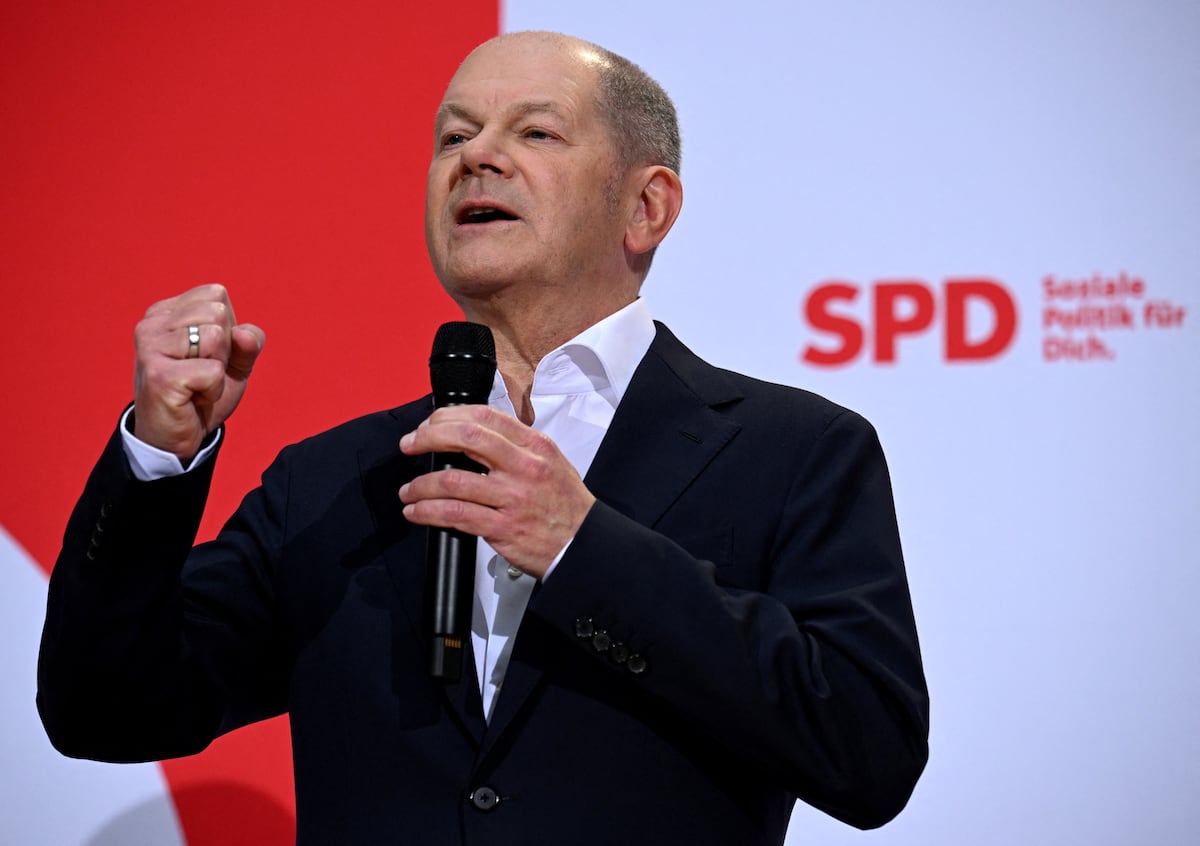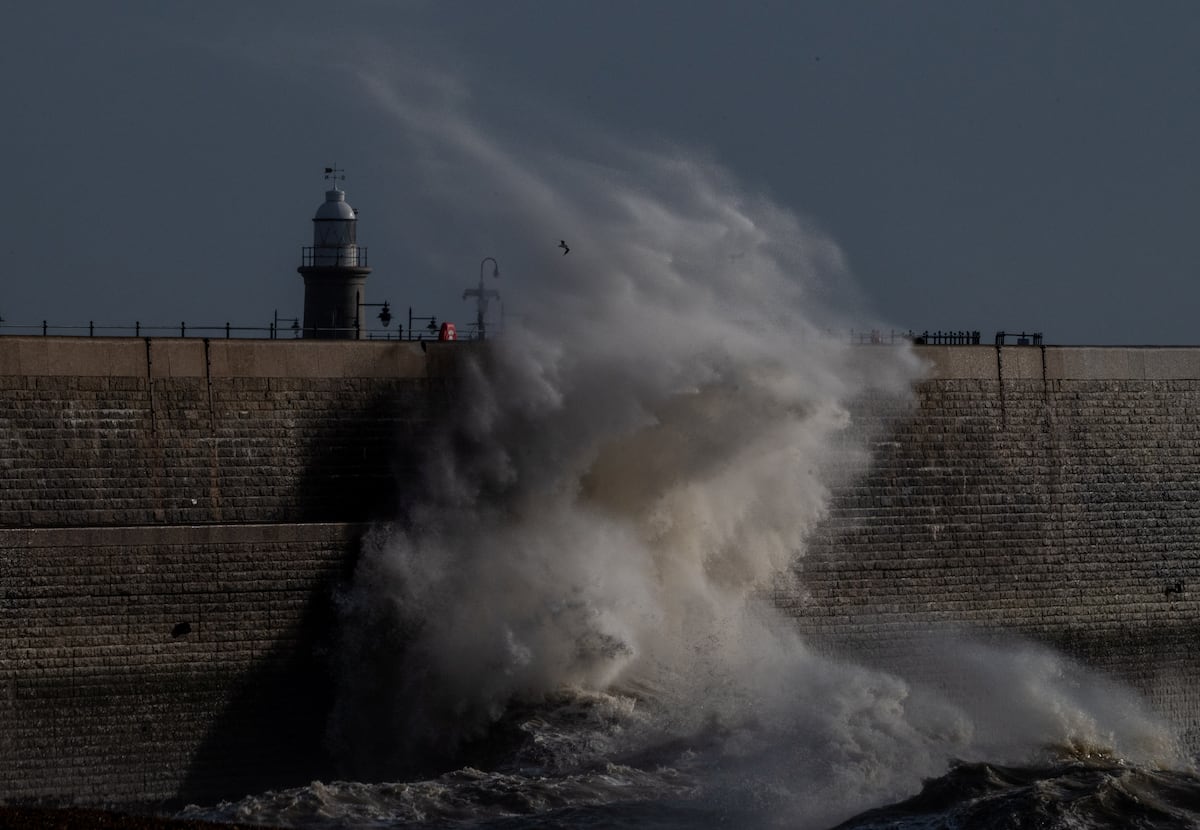German Chancellor Olaf Scholz faces the complicated elections of February 23 with one conviction: the issues of “peace and security” will be decisive. And he presents himself as the guarantee to prevent the war in Ukraine from leading to “an escalation” between NATO and Russia.
The unpopular Scholz unanimously received the blessing of the executive of the German Social Democratic Party (SPD) this Monday to be a candidate in the early elections on February 23. The chancellor will repeat as a candidate despite the failure of the tripartite coalition that he led and which broke up almost a year before the term expired.
The SPD’s decision settles the debate on a possible replacement candidacy with the Minister of Defense, the popular Boris Pistorius. The polls place the Social Democrats, with Scholz as their candidate, in third position, behind the Christian Democrats of Friedrich Merz, the favorite to succeed him, and the far-right Alternative for Germany (AfD).
“In these elections,” Scholz said, “many things must be decided, and many things are happening in the world that worry the citizens of our country. Above all, issues that have to do with peace and security.”
In a press conference at the Willy-Brand-Haus, SPD headquarters in Berlin, Scholz claimed that Germany has been, and will continue to be, the country in the European Union that helps Ukraine the most in the face of Russian aggression. At the same time, he stated that this aid has clear limits. Overcoming them, in his opinion, could lead to a direct confrontation between the Western allies and Moscow.
“The Government that I lead has acted in such a way that we have done everything so that this war did not escalate into a war between NATO and Russia,” he said. “And it remains a central challenge, also now.”
Scholz has two red lines. The first is not to send Taurus cruise missiles. The second, reject that Ukraine fires German weapons against Russian territory. He justifies this because he considers that, in both cases, Germany would run the risk of becoming a party to the conflict and would cause the war to escalate.
With this position, it marks distances from the United States, the United Kingdom and France, the main Western allies. And in Germany, it seeks a point of balance between its ecological government partners or the Christian Democrats, on the one hand, and the populist left and the extreme right, on the other. The first are in favor of intensifying aid to Ukraine. The latter oppose giving more aid to the attacked country and defend seeking peace with Vladimir Putin’s Russia.
Scholz thinks he can present himself as the candidate who has executive experience and who has managed international crises. Also as the guarantor of social cohesion against Merz, who embodies the conservative and liberal wing of Christian democracy. He believes that in the ideological confrontation with the Christian Democrats he can win. Hence, he defends, for example, increasing taxes on the richest and presents himself as the supporter of “stable pensions.”
But he faces an almost impossible campaign. This is demonstrated by the doubts of prominent social democrats who in recent days spoke out in favor of Pistorius before closing ranks with the chancellor.
At the press conference to make his candidacy official, at the SPD headquarters, he was observed by the 3.50 meter high and 500 kilo statue of Willy Brandt, the most revered member of the German social democratic saints and the first chancellor of this party since the founding of the Federal Republic in 1949. Brandt fell in 1974, when it was discovered that one of his closest collaborators was an East German spy.
Brandt’s successor, fellow social democrat Helmut Schmidt, fell in 1982 when his liberal allies switched sides and defeated him in a vote of no confidence. The third Social Democrat to reach the chancellorship was Gerhard Schröder in 1998 but, after being re-elected in 2002, he also ended his mandate early, in 2005, after a rebellion in the ranks of the SPD over his economic reforms.
All the social democratic chancellors have ended badly, repudiated by their own or before their time. Scholz, who will not have been able to reach the end of the legislature, will have a difficult time deviating from these precedents.







